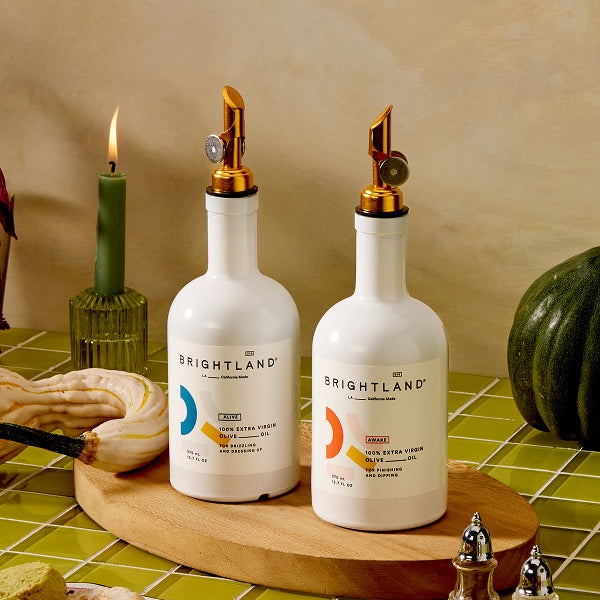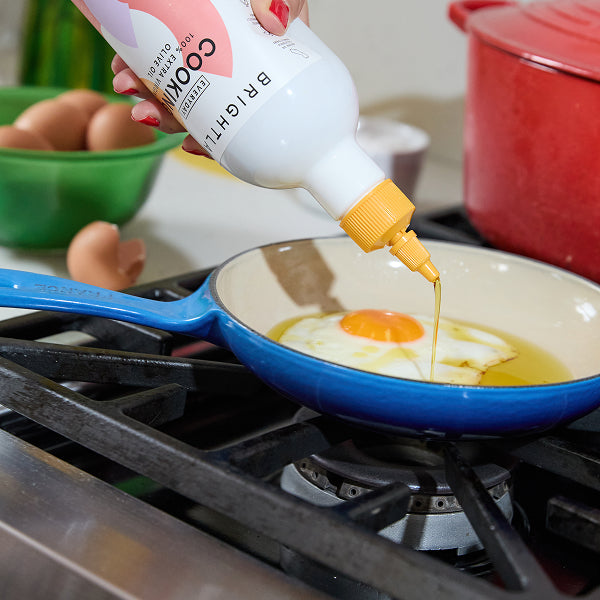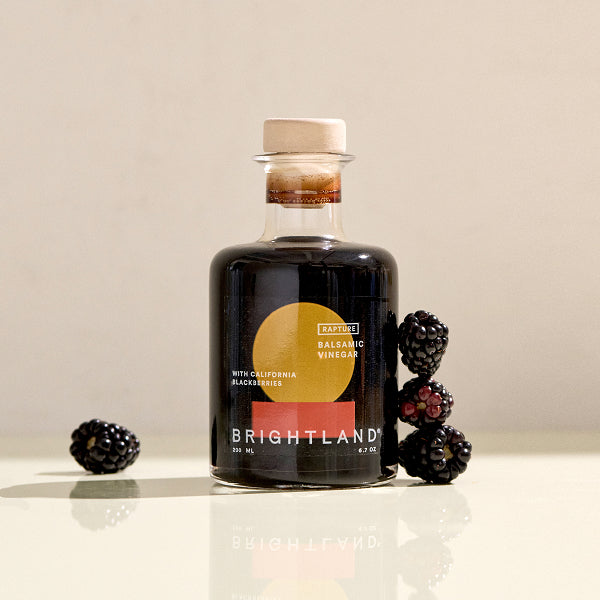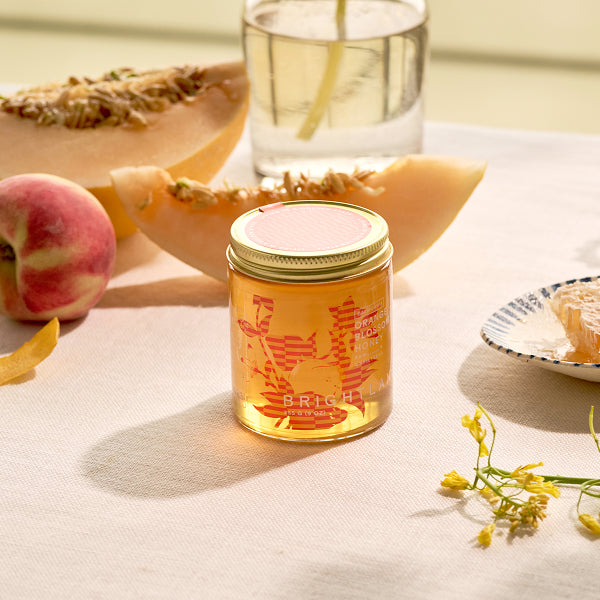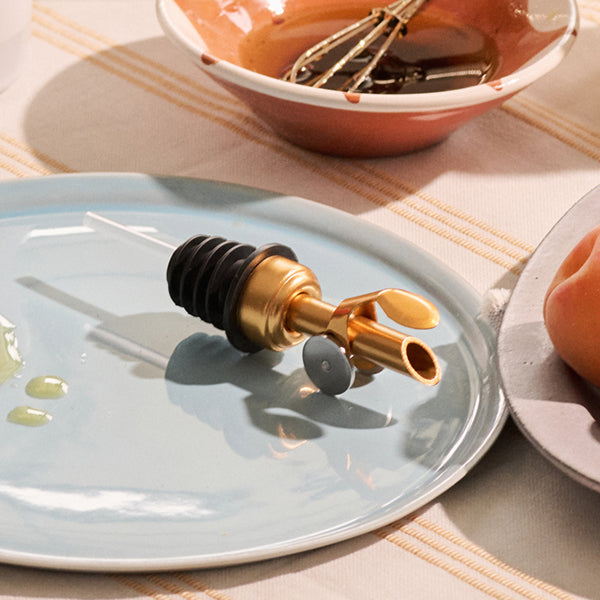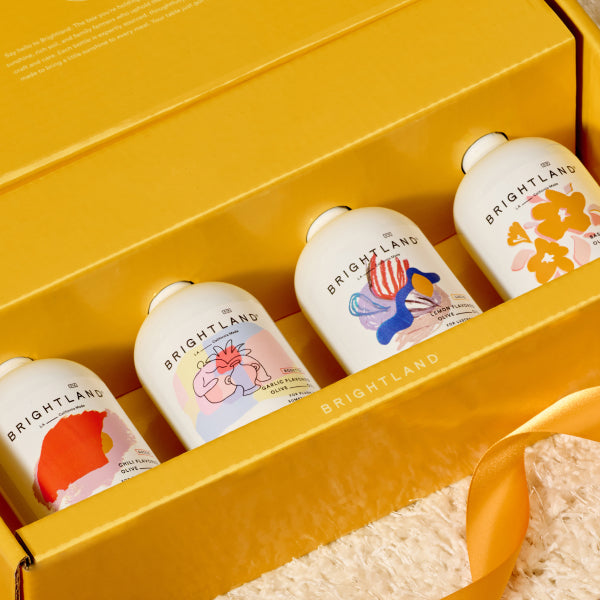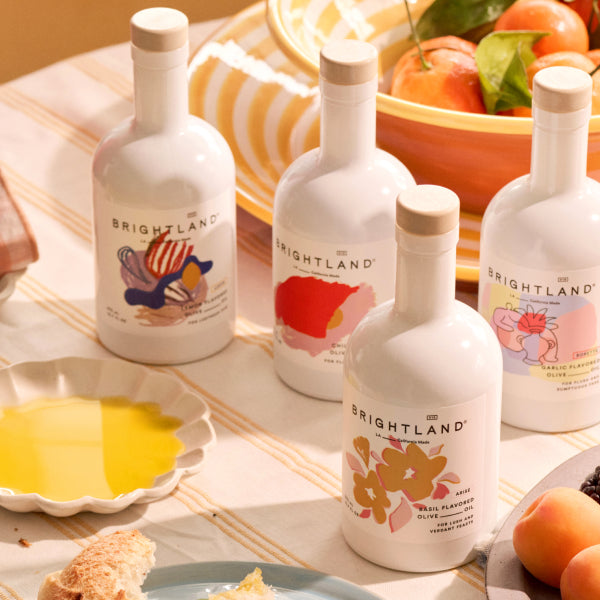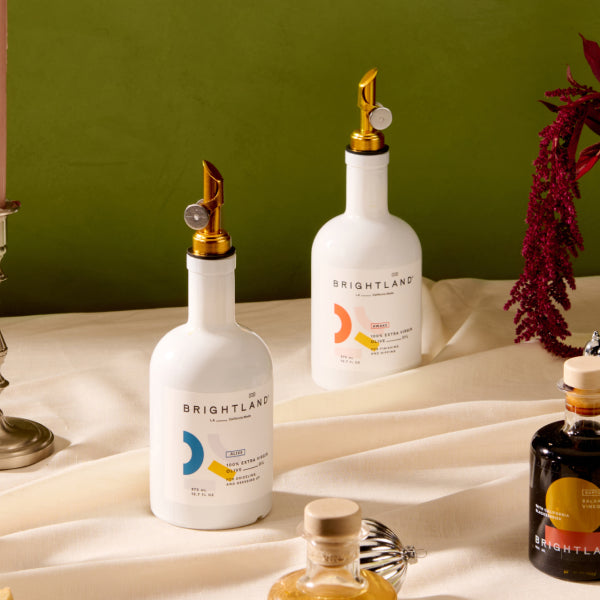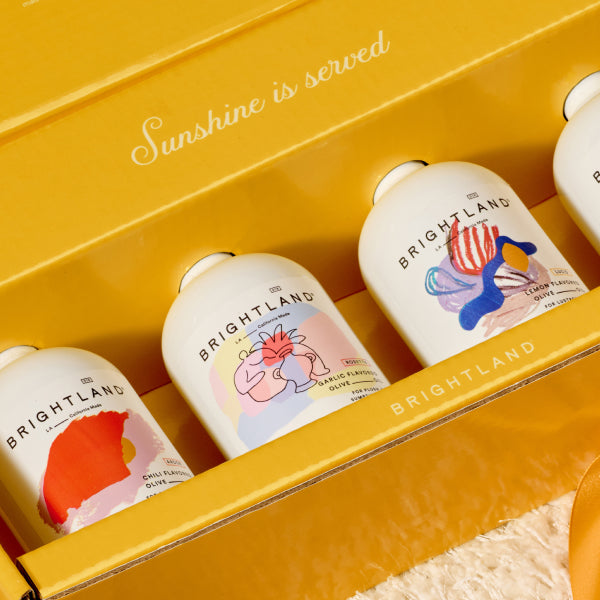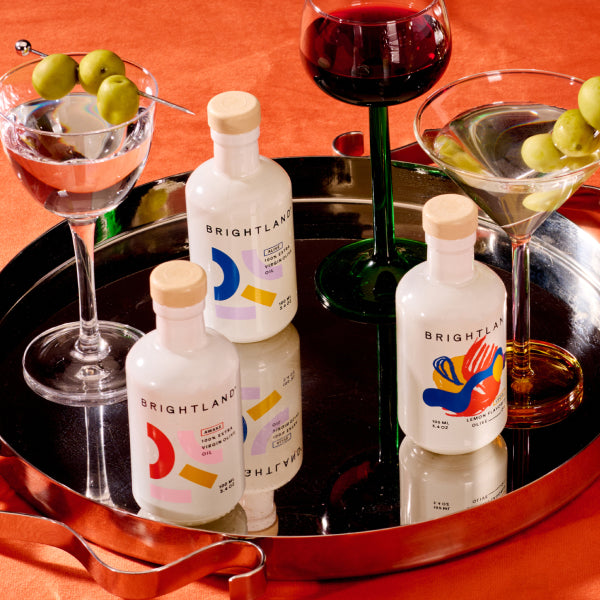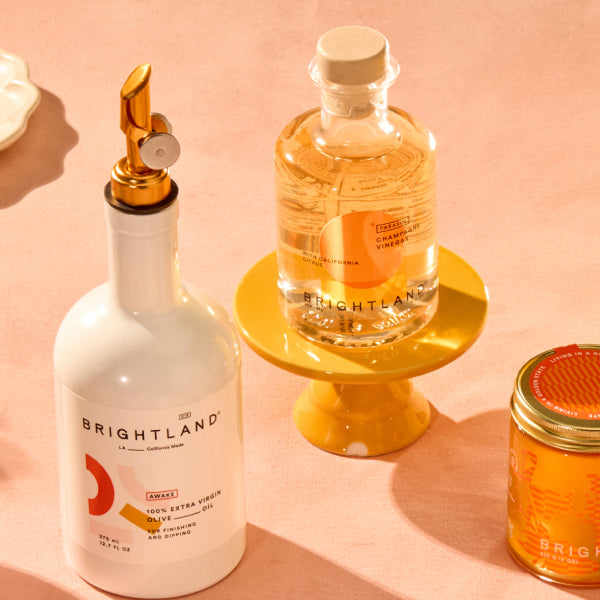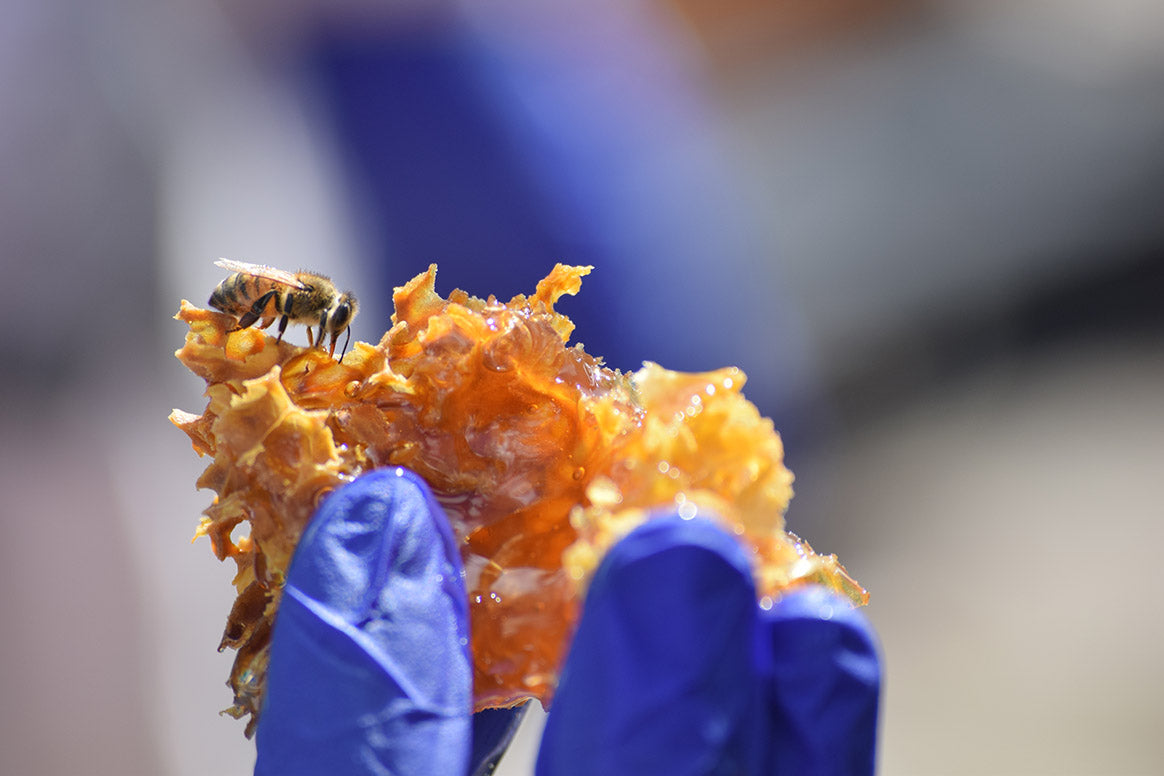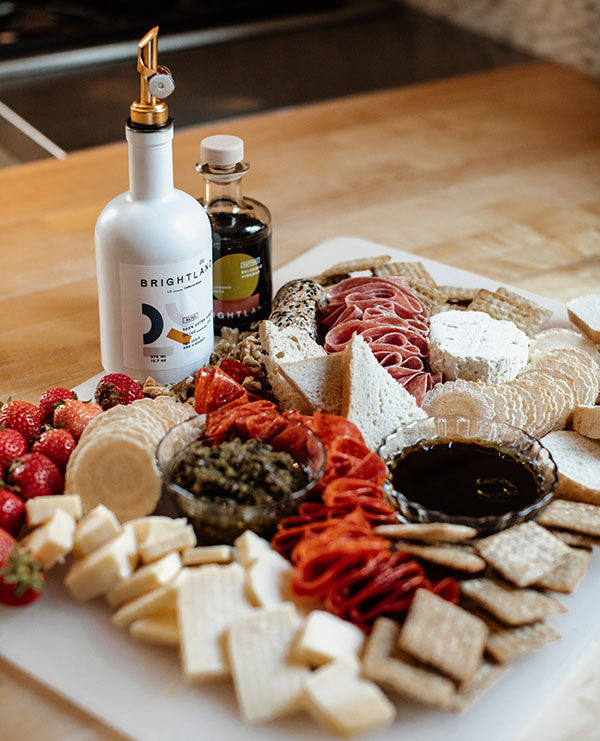If you have ever bought honey at the grocery store, you have no doubt seen raw honey shelved next to the regular honey, and probably wondered what the difference was — or if it was just a marketing ploy. Raw honey is a meaningful distinction and is different from regular honey in several beneficial ways. Read on to discover what raw honey is and how it is processed differently from regular honey.
[close type="rte"][open type="rte"]
What Is Raw Honey?
Raw honey is as close to honey in the beehive as it can get. It may be strained to remove bits of honeycomb and other debris, but otherwise has not been heated, treated or processed. Regular honey goes through several additional refining processes before being bottled. At the very least, regular honey is heated to high temperatures in order to pasteurize it. This destroys the yeast in it, making it smoother and less likely to crystallize, but may also adversely affect the nutrients that naturally occur in honey.
Regular honey may also go through an additional filtering step to remove air bubbles. This makes the honey clearer and more aesthetically pleasing, but can also remove beneficial enzymes and pollen. Some commercial honeys even go through a second round of filtration, called ultrafiltration, to make them even more transparent. Certain honey brands also cut their honey with sugar, syrup and other products to lower the cost, increase profits and adjust the flavor.
Raw honey contains higher levels of antioxidants and micronutrients than regular honey that has been heated and filtered. While it may crystallize more easily unless it is properly stored, the tradeoffs are worth it in order to enjoy the full benefits of honey. (Not to mention that you can be certain that raw honey is 100 percent honey and has not been cut with syrup or something else.)
One thing to keep in mind is that raw honey is different from organic honey. In order to be designated organic, the honey must simply come from a bee farm that meets the USDA’s organic livestock standards. It can still be pasteurized or filtered and still be considered organic. While many organic honeys also qualify as raw honey, it is still important to read the label before purchasing so you know that you are getting exactly what you want.[close type="rte"][open type="images" small="true"]

[close type="images"][open type="rte"]
Raw Honey and Crystallization
While many people do not like it when their honey crystallizes, crystallization is not something to be feared. It is a sign that what you have is pure, unadulterated honey, as honey that has been cut with syrups or other products cannot crystallize. In other words, only high-quality raw honey is capable of crystallization.
If you want to know why honey crystallizes, here is a quick primer: Raw honey has a much higher sugar content than water content, about 70 percent sugar to 20 percent water. Exposure to moisture and light can cause the glucose molecules from the sugar to start separating from the water and connecting together to form crystals. Different kinds of honeys crystallize differently. Some have very fine crystals while others are larger and grittier. Some honeys may crystallize completely while others only crystallize partially, with the rest of the honey remaining in liquid form.
Crystallized honey can still be used the same as uncrystallized honey. Honey has an almost indefinite shelf life, and crystallization is not a sign of it going bad. If you need to temporarily de-crystallize the raw honey for whatever reason, you can put the jar or bottle in a warm water bath until it melts. The effects will only last a short time, however, as honey that has already crystallized will return to that state as it cools. Embrace the crystallization if it happens and enjoy your high-quality raw honey anyway![close type="rte"][open type="images" count="1"]

Speaking of raw honey, we are very excited to announce the launch of our newest product, The Couplet. We sourced, harvested and packaged our honey with the same care as our other products. We hope that it will take its place alongside our other high-quality pantry staples such as extra virgin olive oil and vinegars. Try a jar today.
[close type="rte"]

